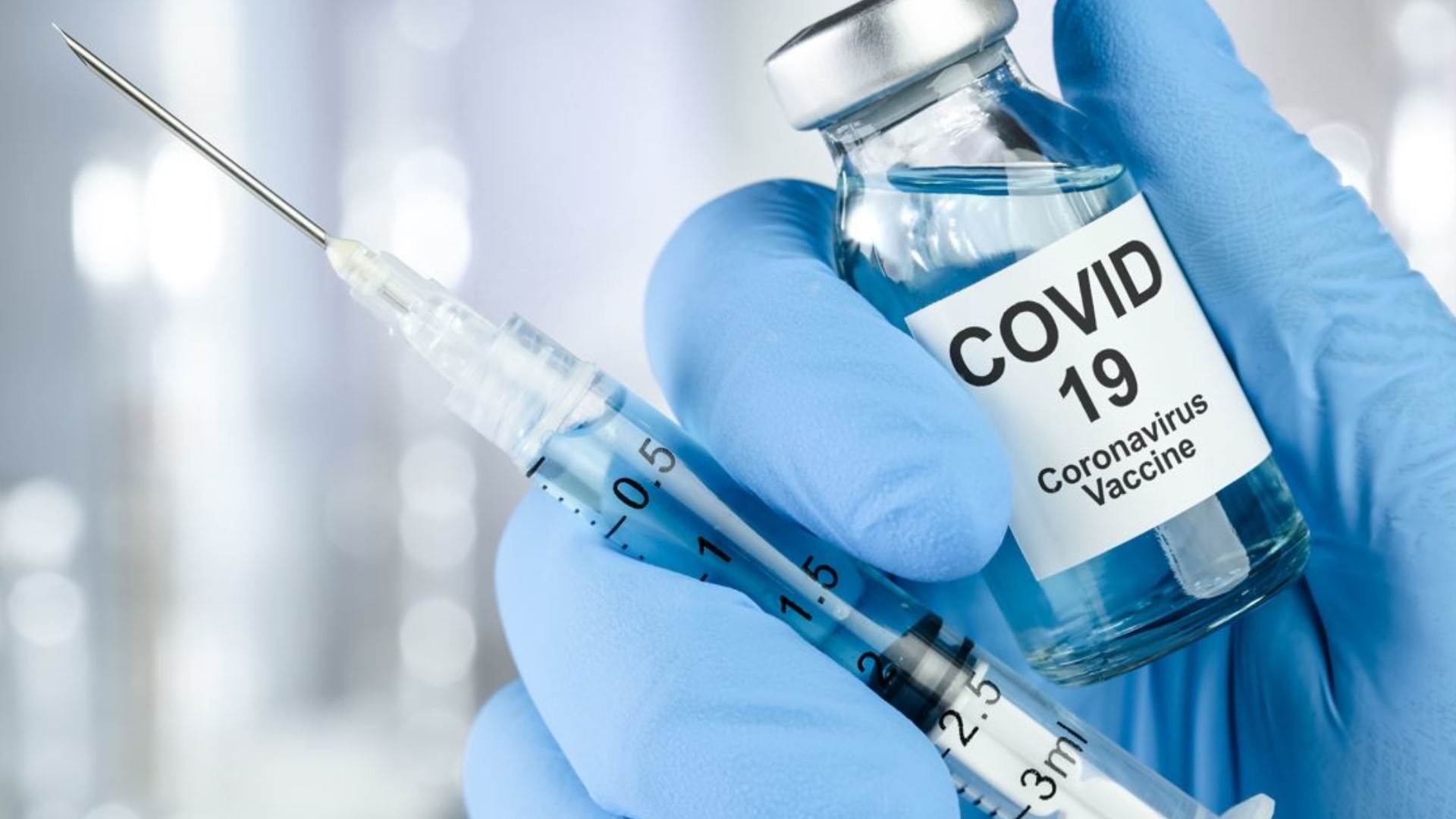Michigan's Chief Medical Executive Dr. Joneigh Khaldun reiterated a familiar statement Friday: even with the number of COVID-19 cases rising, the count is still not an accurate representation of reality due to limited testing.
Ten days after the state reported its first coronavirus cases, the number has risen to 549, including three deaths. And Khaldun said as the virus spreads, health officials are working both to expand the capacity to test for the virus and to bring more medical equipment into the state.
The state lab can now run up to 300 tests a day, which is nearly triple the limit earlier this week. In conjunction with hospital labs and private labs, about 1,000 tests for COVID-19 can be run every day in Michigan.
“There is no question that as a country, we started late when it comes to testing," said Khaldun. "Even though we are able to test now, there’s no question that there are challenges with people being able to find a medical provider to actually perform the sample and there is a limited number of labs that are able to run those samples.”
Spectrum Health in Grand Rapids also acknowledged they are feeling the effects of the "national shortage" of testing materials.
"These shortages may affect the promptness of tasks such as specimen collection and testing, or the use of preferred supplies. However, Spectrum Health is following CDC guidelines for acceptable alternatives. Supplies are continually prioritized based on the treatment and care needs of our patients," said Bruce Rossman with Spectrum Health.
Earlier this week, health officials said they are prioritizing who gets tested for the virus. The World Health Organization Director General Tedros Adhanom said that testing is essential for dealing with coronavirus.
"You cannot fight a fire blindfolded, and we cannot stop this pandemic if we don’t know who is infected. We have a simple message for all countries: Test, test, test," he said.
Because the state remains limited in its testing capacity, Khaldun urged the public to keep practicing social distancing.
Another area of focus for officials is ventilators.
The Society of Critical Care Medicine has projected that 960,000 coronavirus patients who become critically ill in the U.S. may need to be put on ventilators. The organization estimates there are only about 200,000 ventilators in the country.
Friday, Whitmer said the State Emergency Operations Center has been working hard and creatively to find a way to bring more ventilators into Michigan.
"We are working to see how we can increase the number of ventilators in our state," she said. "I feel like we are making some progress, but if the federal government is able to procure some ventilators and ship them to Michigan we will be incredibly grateful."
Khaldun said there are about 1,000 ventilators in the state.
Whitmer also said that Michigan businesses have partnered with the state to bring in millions of medical masks. She also mentioned that some manufacturers have mentioned building parts of ventilators to help the supply.
State health officials are also looking at where additional hospital spaces could be built if the medical system is overwhelmed by patients, with one option being dorm rooms. Khaldun said the state has been ordering hospital beds and additional supplies for that possibility.
Whitmer also issued an executive order Friday instituting temporary restrictions on non-essential medical and dental procedures.
Watch Friday's full press conference here:
STATE RECOMMENDATIONS FOR COVID-19
Patients with confirmed infection have reportedly had mild to severe respiratory illness with symptoms of:
- Fever
- Cough
- Shortness of breath
The best prevention for viruses, such as influenza, the common cold or COVID-19 is to:
- If you think you have been exposed to COVID-19, call your health care provider. If you do not have a health care provider, call the nearest hospital.
- Wash your hands often with soap and warm water for 20 seconds. If not available, use hand sanitizer.
- Avoid touching your eyes, nose, or mouth with unwashed hands.
- Cover your mouth and nose with a tissue or upper sleeve when coughing or sneezing.
- Avoid contact with people who are sick.
- If you are sick, stay home, and avoid contact with others.
- Stay at least 6 feet away from others when in a public setting.
More coronavirus coverage on 13 ON YOUR SIDE:
►Make it easy to keep up to date with more stories like this. Download the 13 ON YOUR SIDE app now.
Have a news tip? Email news@13onyourside.com, visit our Facebook page or Twitter. Subscribe to our YouTube channel.



